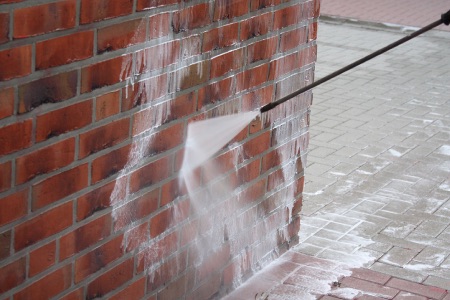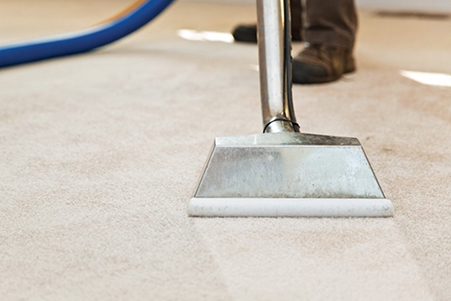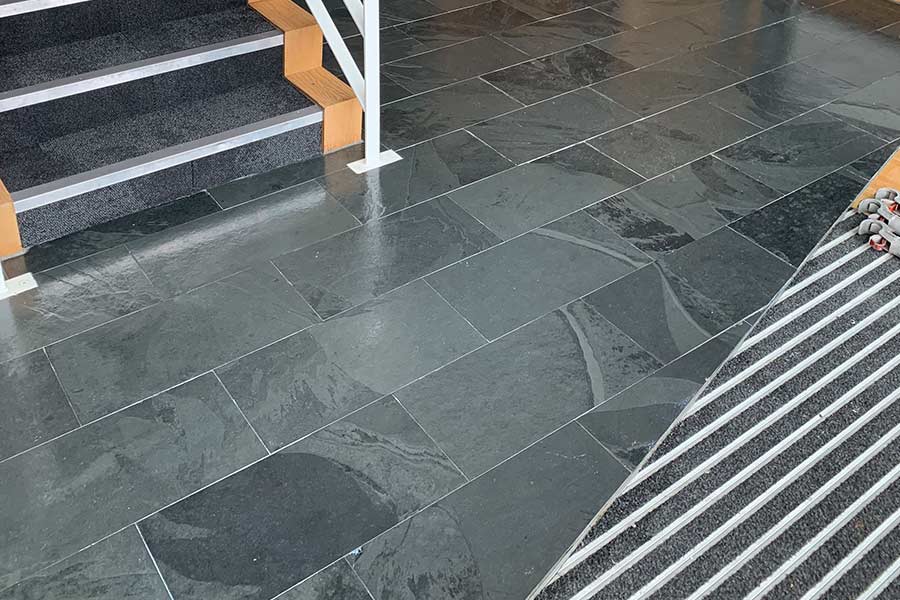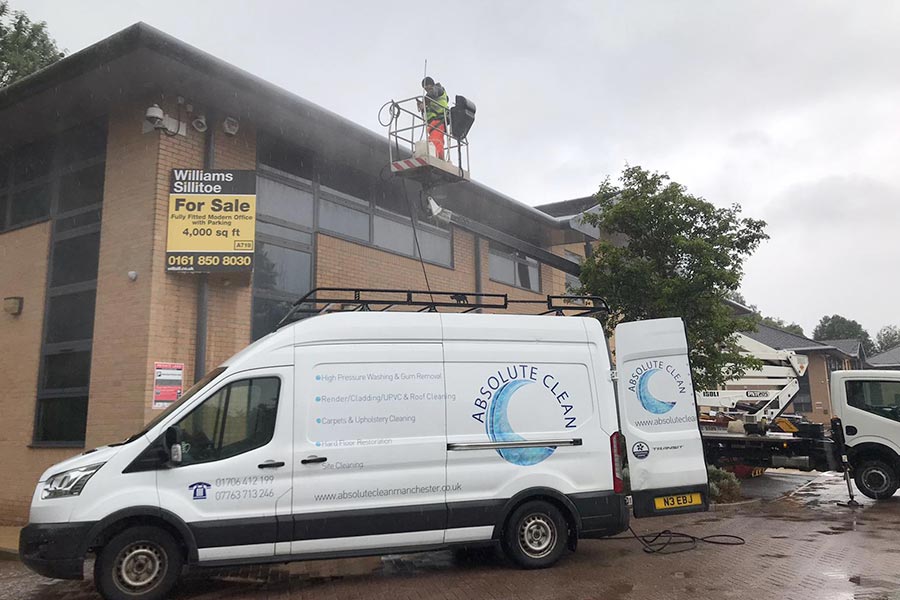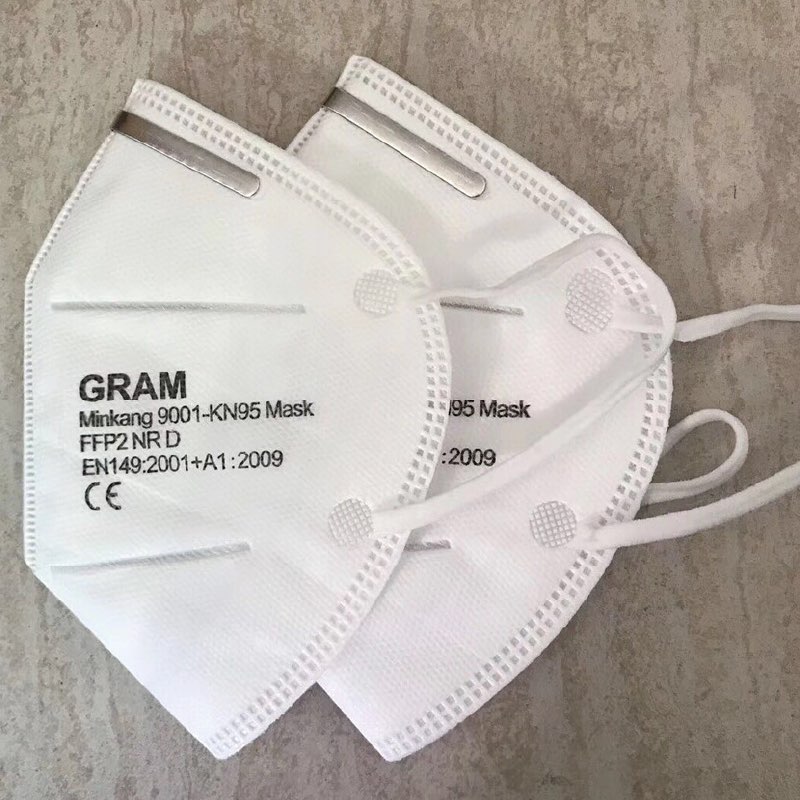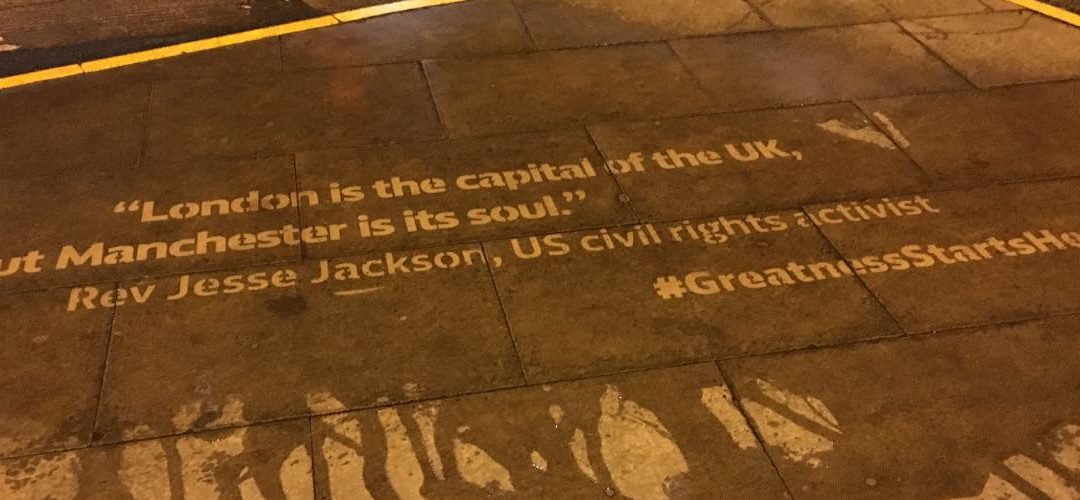Worried your creative marketing idea may be breaking the law?
REVERSE GRAFFITI | CLEAN ADVERTISING | CLEAN GRAFFITI
To begin with reverse graffiti advertising is a new form of “guerrilla marketing” that works by creating a stencil of your desired phrase, company logo or event, placing over the ground and then cleaning over the stencil. While the dirt is all removed within the stencil, it stays around it leaving your advert or logo “cleaned” onto the ground. It’s also known as green graffiti, clean graffiti, clean advertising and clean ads.
The question now on everyones minds. Is it legal?
This is a widely debated topic on the internet with many people sharing their views on its legality. Now for many including some local councils, because of the name “reverse graffiti” it’s viewed as an act of vandalism, creating eye sores in city centres up and down the country. For others, it’s nothing more than “cleaning” the ground in a certain pattern.
graffitiɡrəˈfiːti/noun1.writing or drawings scribbled, scratched, or sprayed illicitly on a wall or other surface in a public place. “the station was covered in graffiti”
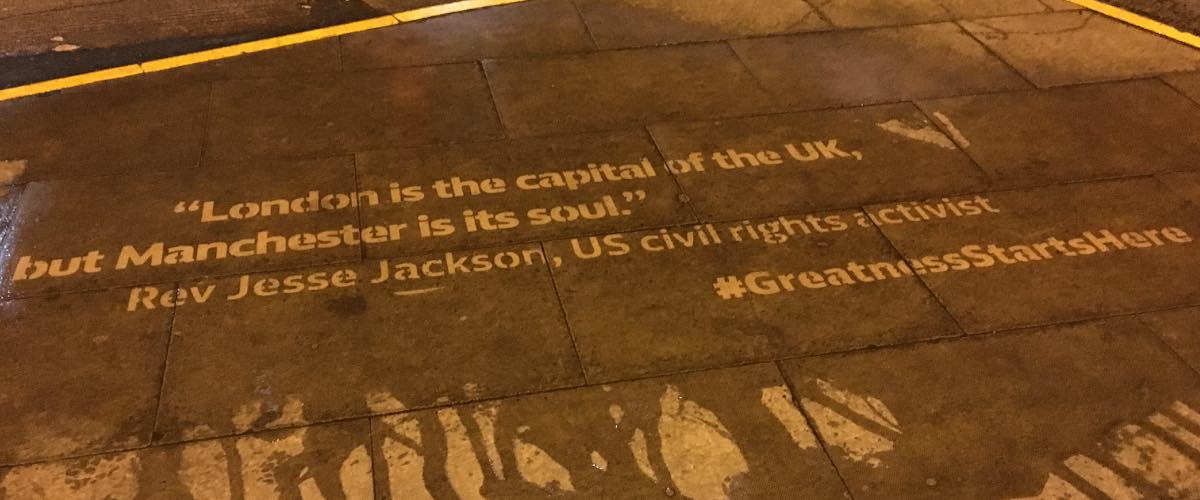
There have been one or two occasions where local councils or authorities have tried to prosecute companies using reverse graffiti however due to its non destructive and temporary nature, it’s very difficult. And probably the fact that nothing other than water and a stencil is used.
One company that gained media exposure for their reverse graffiti campaigns was GCHQ who targets Hackney. The council was less than impressed when it gained wind of their pavement adverts.<
GCHQ could face graffiti prosecution over pavement adverts – The Telegraph, 27 Nov 2015
There was never any follow up in the news of any fine or conviction so this could very easily been a scare tactic devised by councils to put companies off doing it.
Interestingly enough we have worked closely with many local councils and authorities who are using reverse graffiti or clean advertising as a way to reach an audience they currently struggle to engage with. Yep, you guessed it, us Millennial’s.
Reverse graffiti or clean advertising could face legal proceedings if done on private land without permission, however there have been no confirmed prosecutions on public property.
Final thoughts
For me, reverse graffiti is completely legal due to the fact no chemicals, inks or paints are being used. For others, they perceive it as an act of vandalism. This won’t change for some time but until we hear otherwise, the pavements are awash with “clean ads”.
If you want to gain any more information about reverse graffiti or clean advertising get in touch. Our office is 0161 731 0223 or email info@absolutecleanmanchester.co.uk
VISIT US
Unit 4, Glebe Street, Shaw, Oldham, OL2 7SF
CALL US
EMAIL US
BE SOCIAL
FOLLOW OUR SOCIAL MEDIA ACCOUNTS
